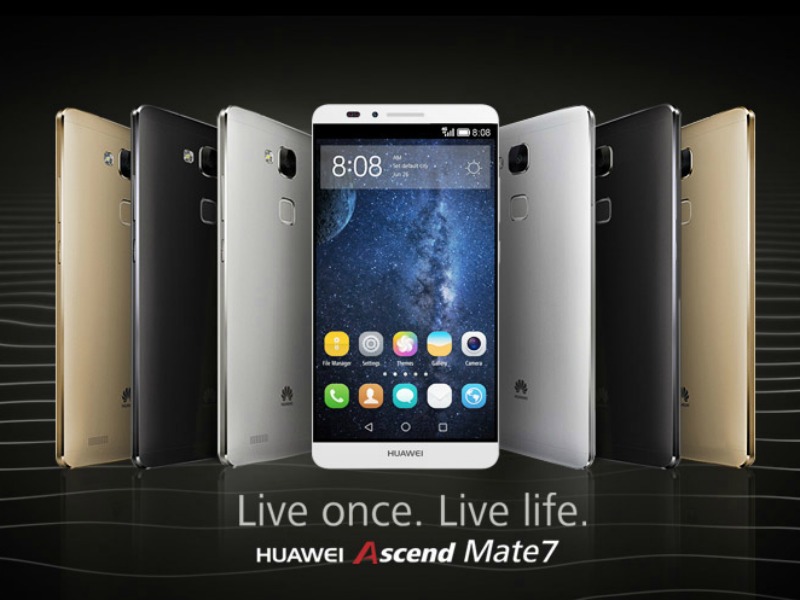Arun Sudhaman 06 Mar 2015 // 3:52PM GMT

SHENZHEN—Chinese technology giant Huawei has brought in new global PR support to handle an ambitious consumer remit that sees it attempt to rival such companies as Apple and Samsung for consumer affections.
The company, which is gearing up for the launch of its next flagship smartphone in April, has awarded PR duties for its devices division to Racepoint Global, the Holmes Report has learned.
The independent PR firm secures the global assignment following a competitive review at Huawei's Shenzhen HQ. It is understood that at least two other agencies, including incumbent Burson-Marsteller, took part in the pitch.
Burson will retain its position as Huawei's PR agency in Asia-Pacific and EMEA, particularly on B2B duties, but the decision to bring in a new PR agency underscores the Chinese company's bid to shake up its consumer marketing efforts.
Once known primarily for its networking technology, Huawei has steadily expanded its consumer division in recent years, and now ranks fourth in global smartphone sales. It was recently leapfrogged by Chinese rival Lenovo after the latter company's acquisition of Motorola Mobility.
At this week's Mobile World Congress, meanwhile, the company's wearables attracted plenty of positive attention. It is understood that the brief involves a pivotal role for London, along with support across Asia, and the US, where Huawei is finally planning to officially launch its consumer devices, two years after it was branded a national security threat by US legislators
"Device has been one of our strongest growing businesses, globally successful, helping the Huawei brand to be the first Chinese brand to enter the Interbrand top 100 list," said Huawei VP of international media affairs Roland Sladek, who confirmed Racepoint's selection.
"With the success comes new challenges: addressing new markets and consumers, also through new channels. Our new agency will hence focus on consumer media as well as digital communication."
The shift in Huawei's marketing approach reflects its desire to shed the commoditised, price-oriented image that has bedevilled Chinese tech companies. In the US, for example, the company plans to roll out traditional advertising, online promotion and sports team sponsorships, a similar mix to its approach in Europe and Asia.
Huawei's Chinese rivals are all attempting to build stronger global brands. Lenovo's smartphone unit is looking for brand marketing support, as revealed by the Holmes Report last week, while ZTE is also upping spend in search of international recognition.
Xiaomi, which has grown rapidly in recent years to rank fifth among global smartphone makers, has yet to launch its handsets in the US, but is set to start selling accessories in the critical market, and is expanding internationally via direct and online sales.
Global media and communications at Huawei has been led by Joy Tan since mid-2014.


































.jpg)






.tmb-135x100.jpg)










